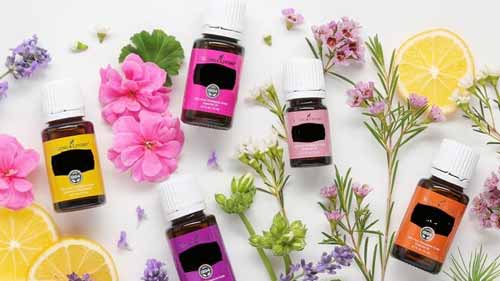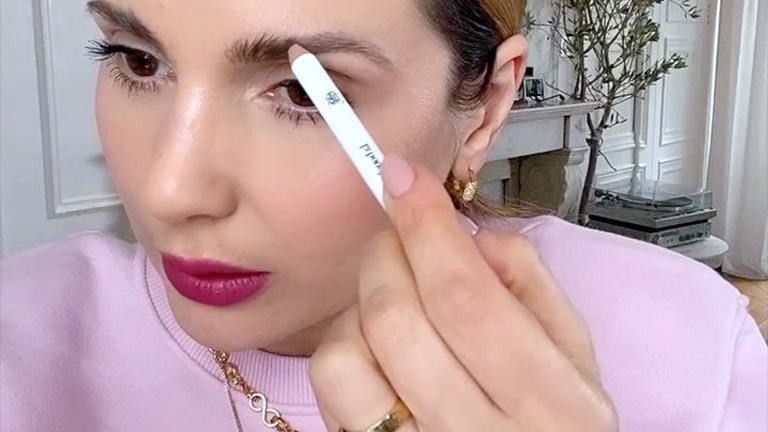
Essential oils are nature’s gift to humankind. They are used for aromatherapy purposes, and many of the scents contain healing properties such as migraine relief and cold and flu defense.
To take full advantage of essential oils’ helpful effects, however, they need to be handled with care. As such, we’ve put together the list below of important dos and don’ts of using essential oils.
1. DO: Consider Essential Oil Blends Carefully
When choosing scents, think about what you hope to achieve. For example, if you get migraines, lavender is a good choice as it promotes a calming and relaxing atmosphere. If you have a cold, eucalyptus is a good choice as it will help loosen mucus so you can breathe better. There are many scents to choose from, so be sure to ask an expert if you aren’t sure which ones are best to relieve your symptoms.
2. DO: Use Your Aroma Diffuser Often
Using your aroma diffuser is simple. Just add 5-10 drops of any essential oil to the water for a regular diffuser, or 5-10 drops of oil directly into your nebulizing diffuser. The more drops you add, the stronger the scent will be. You should get hours of aromatherapy with each use.
3. DO: Dilute Essential Oils as Directed
If you’re using a nebulizing diffuser, you won’t need to dilute your essential oils. If you’re using a regular electric aroma diffuser, however, you’ll need to dilute the oil with water or use a carrier oil. Always follow instructions to the letter.
4. DO: Look for Quality
When shopping for essential oils, look for quality products with no additives. Allergic reactions are more likely when a product contains other ingredients. Not all additives are bad, however. For instance, some more expensive essential oils contain vegetable oil, which isn’t problematic at all.
5. DON’T: Use Certain Essential Oils if Spending Time in the Sun
Some essential oils cause photosensitivity (sensitivity to the sun). Some citrus-based oils, whether used directly on the skin or in skincare products, can increase the risk of getting sunburned. Avoid these oils when you know you’ll be spending time in direct sunlight.
6. DON’T: Use Some Essential Oils During Pregnancy
In the first trimester, it’s recommended to avoid essential oil use altogether, as spicier scents like cinnamon, clove, and even jasmine can cause early or false contractions. Once you reach your second trimester, you can use scents like chamomile, lavender, and peppermint if you desire.
7. DON’T: Put Them Just Anywhere
Some essential oils aren’t meant for your more delicate body parts. For example, cinnamon bark, lemongrass, and peppermint are fine for use on your arms and legs, but you won’t want to put them anywhere near your mouth, eyes, nose, or private parts.
8. DON’T: Forget to Tell Your Doctor
If you’re using essential oils for symptom relief, inform your doctor, especially if you think you’ve had an adverse reaction. While essential oils can be quite effective at symptom relief, they can also interfere with certain drugs. If you’re experiencing an allergic reaction, your doctor can rule out other causes if they know you’re using essential oils.
Essential oils are great for aromatherapy purposes and as topical treatments in some instances, but only if they are used properly. From migraine pain relief to cold and flu symptom relief and more, essential oils are a natural remedy with great power. Consult the list above for important dos and don’ts when using essential oils.




